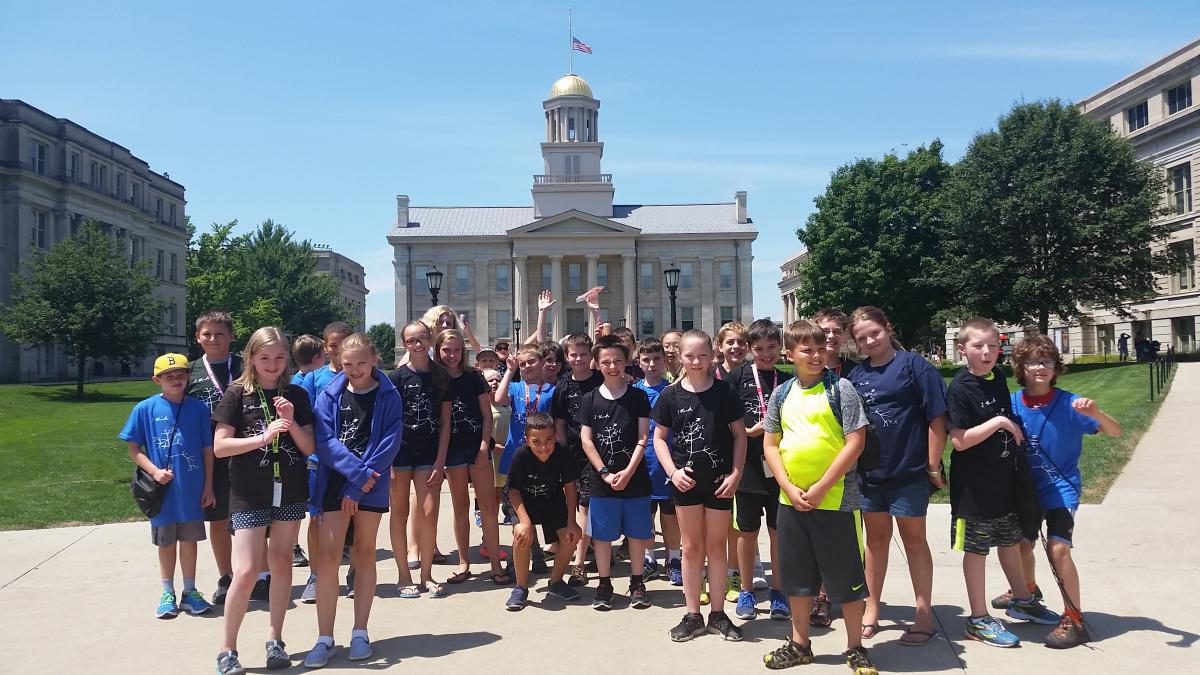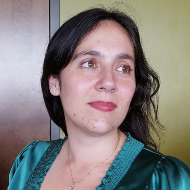In my previous installment in this series on NCSE’s first evolution summer camp, I described working with creationist campers. If you are just tuning in, yes, NCSE ran a summer camp on evolution! And yes, we had creationist campers! After an open conflict, which group leaders responded to calmly and by deescalating the situation, our creationist campers actually began to show signs of accepting evolution.
What was particularly interesting to me was how quickly and completely the campers changed their position on evolution. There was no transition period where I heard creationist campers go back and forth between positions. We went from campers openly fighting about the age of the Earth on Wednesday to every single kid in the camp showing every sign of accepting scientific fossil dates on Thursday. Kids who had displayed a lot of fear tied up with the concept of evolution seemed less nervous. We didn’t have any more fights. Kids who came into the camp expressing creationist views, on average, asked more questions at the museums on Thursday and Friday than kids who came into the camp accepting evolution.
The children all seemed engaged by the tours and exhibits at the museums. When they had the chance to tour evolutionary biology labs at the University of Iowa, they were polite to the scientists and enjoyed learning about the model organisms. We visited a lab that works on C. elegans, a common model organism that is often hermaphroditic and self-fertilizing. I asked the children if they knew what “hermaphroditic and self-fertilizing” meant. They didn't. The scientist explained that the worms had male and female parts and could reproduce by themselves. An astonished camper informed me afterwards that he’d thought all animals went “two by two!”, a clear reference to the story of Noah’s Ark.
There is no question that the camp exposed these kids to information that shook up their worldviews. This is exactly the kind of situation where one would expect a lot of conflict and negativity. Certainly a lot of parental complaints. In a blatant attempt to provoke possible parental complaints, we even gave all the campers free Darwin Days t-shirts, which advertise Darwin Days, an annual local celebration of evolution complete with a phylogenetic tree.

Did I get any parental complaints? Nope.
In our final journaling exercises, I gave the kids chances to complain. I asked them to write what we should change next year, or if there was anything they didn’t like this year. Almost all of the campers wanted desperately to come back next year. A smaller group demanded tacos for lunch in the future. The campers had different favorite activities, but no one complained about evolution or creationism. They enjoyed the camp.
At the beginning of the camp, around ten percent of children expressed creationist views. We saw no evidence of creationist views in the children’s final exercises. This is frankly astonishing—and it should be to anyone who works in science education. All the literature tells terrible tales of how it is incredibly difficult to get any sort of shift in entrenched creationist populations. But here we have a sign of hope!
What did we do differently?
I think the culture of open, calm, accepting communication we fostered in our camp was very important. The fact that creationist campers weren’t made to feel like outsiders may have helped them feel safe to ask questions. The fact that we refused to stigmatize any camper, and that we actively worked to include all campers, helped all our students feel like insiders.
I don’t want to fight about evolution. But I think the theory, and all that supporting evidence, is really cool. It’s great that through our outreach work we’ve found another way to help a diverse population of kids feel safe learning about all this cool stuff. I hope you can use these positive, inclusive approaches to help people learn about evolution in your community.

